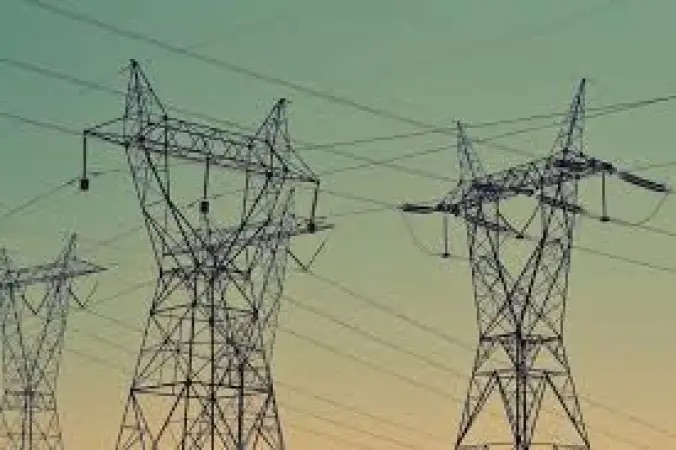From Isaac Anumihe, Abuja
Electricity Distribution Companies (DisCos) have raised concerns over the recent tariff reduction announced by the Enugu Electricity Regulatory Commission (EERC), cautioning that the federal government may not be able to continue paying electricity subsidies to market participants.
They spoke via their union, the Association of Nigerian Electricity Distribution Companies (ANED).
According to ANED, the electricity industry is already grappling with a significant financial burden, with the government owing nearly N5 trillion in unpaid obligations to generation companies and gas suppliers, putting their operations under severe strain.
“It’s already a fact today that the delay in the prompt payment of electricity subsidies has put the generation companies and gas suppliers under severe operational burden due to the almost N5 trillion outstanding to these market participants,” said Sunday Oduntan, Managing Director and Chief Executive Officer of ANED.
Oduntan warned that any tariff reduction implemented without a clear funding structure would only increase the subsidy burden and deepen the financial strain on the sector.
“We understand further that the Federal Government does not have an elastic subsidy budget. Any tariff reduction following the approach adopted by EERC may further bloat the subsidy obligations of the Federal Government.
We believe that the Federal Ministry of Power and the Nigerian Electricity Regulatory Commission (NERC) would be watching closely to provide guidance and align state and federal objectives to ensure electricity access is accelerated in a sustainable and affordable manner,” he added.
Oduntan also noted that EERC’s decision to slash tariffs was based on the assumption that the Federal Government would cover the resulting shortfall through subsidies. While ANED is not opposed to subsidies in principle, it insists they must be transparent, timely, and backed by real funding to prevent further erosion of confidence in the electricity market.
“We note that one of the principles adopted by EERC is to place reliance on the policy of the Federal Government on electricity subsidies to enable them crash Band A tariffs. While the electricity distribution companies (DisCos) are not opposed to subsidies in principle, we strongly emphasise that subsidies must be transparently structured and promptly funded.
Delayed or unfunded subsidies create cashflow disruptions, undermine market confidence, and deepen the existing liquidity crisis across the electricity value chain,” he explained.
ANED observed that since EERC’s tariff cut, other distribution companies (DisCos) have come under growing pressure from consumers who are now demanding similar reductions—or threatening to stop paying their bills altogether.
Oduntan warned that unilateral state-level tariff decisions that are not harmonised with the national cost-recovery framework could destabilise the sector further. He stressed that such actions could lead to shortfalls in DisCos’ market remittances, further exposing generation companies (GenCos) and other service providers to financial risks.
“Any state-level policy action such as unco-ordinated tariff reductions that does not align with market-wide cost-recovery mechanisms will inevitably result in shortfalls in DisCos’ remittances to the market below their current distribution remittance obligations, thereby putting generation companies (GenCos) and other upstream service providers at further financial risk,” he said.


